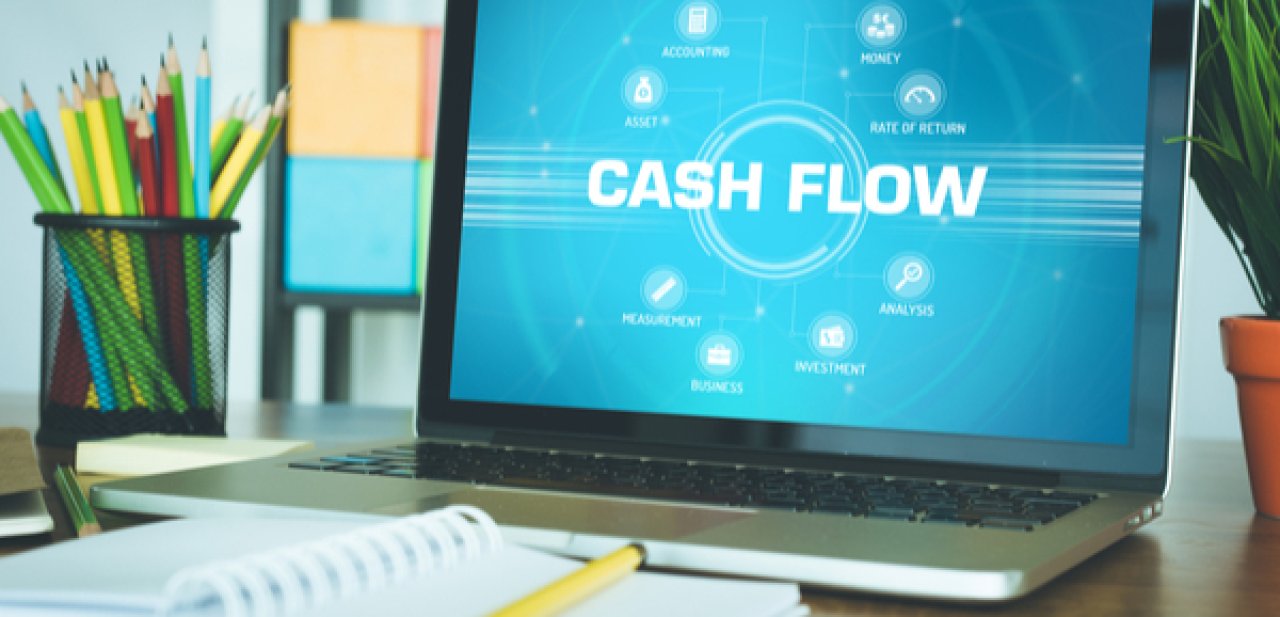
1. Monthly VAT returns
Businesses which are usually in a repayment position, or which find themselves in a repayment position following changes in circumstances, may benefit from submitting monthly VAT returns as it will speed up the refund of VAT from HMRC. Monthly returns can be submitted as soon as possible after the end of the VAT period.
2. Change of VAT stagger
If you do not want to move to monthly VAT returns you may wish to change your VAT stagger to ensure that you defer the payment of large amounts of VAT as long as possible. For example, retailers often chose to submit returns for February, May, August and November as they can claim back VAT on pre-Christmas stock build up on the November VAT return and delay payment of VAT on Christmas and January sales until March. If your business is seasonal you may wish to consider this approach.
3. Input tax accruals
Cash flow benefits can also be realised through input tax accruals. VAT can be claimed in relation to purchase invoices approved for payment but not yet posted into the accounting at the end of a VAT reporting period. Accruals would need to be reversed in the following period when the purchase invoices are posted to the accounting, to avoid duplication.
4. Bad debt relief
Bad Debt Relief (“BDR”) can be claimed on debts which have been unpaid for a period of 6 months after the time payment is due, subject to certain other conditions being met. Once the outstanding invoice is paid, VAT will need to be accounted for. If you have never claimed BDR it may be worth reviewing bad debts incurred over the past 4 years to reduce the current VAT liability.
However, if you have outstanding purchase invoices which remain unpaid 6 months after the due date, you are required to reduce your claim for input tax accordingly.
5. Payments on account
Businesses within the Payments on Account (POA) regime (those with an annual VAT liability in excess of £2.3 million including VAT on imports) may wish to consider:
The deferral of monthly instalments due between 20 March 2020 to 30 June 2020.
Agreeing with HMRC lower value monthly instalments, where there has been a loss of trade during lockdown.
Reviewing turnover to see if they can be removed from the POA regime altogether.
Consider moving to monthly VAT returns to come out of the POA regime.
6. Cash accounting
Businesses with a taxable turnover of £1.35m or less could consider using the cash accounting scheme. Under cash accounting, VAT on sales is accounted for when payment is received but VAT is recoverable only when purchase invoices have been paid.
7. Tax Points
It may be possible to defer the payment of output tax by changing the tax point for supplies. Where invoices are due to be raised in the final few days of a VAT quarter, you may be able todelay issuing the invoices until the following month.
Instead of issuing tax invoices you may be able to issue requests for payment or proforma invoices which would mean that a tax point is delayed until cash is received. This may be particularly useful for landlords whose tenants are asking for a rent deferral.
You could also consider supplying goods on approval or sale or return, this delays the tax point until the goods are adopted or approved.
Any of the above should be carefully weighed against commercial issues, for example if it risks any customers delaying payment longer into the following month than they normally would or breaches the terms of your contract with the customer.
8. VAT recovery on employee expenses
Businesses could review their processes for reclaiming VAT incurred through employee expenses, to ensure the maximum amount available is being recovered. If VAT has not previously been recovered on expenses, it may be possible to extrapolate an historic claim.
9. Refund of VAT paid overseas
If you have incurred VAT in other EU member states, it could be worth submitting a claim for a refund now, instead of waiting until closer to the deadline (30 September for EU refunds, 31 December for refunds from outside the EU). Even if you have not done this before, it may be worth considering as it may release some cash that you are entitled to.
10. Duty deferment for imported goods
Importers who do not already have a duty deferment account may wish to apply for one as it will allowyou to defer the payment of all duties and import VAT charged on goods imported until the 15th day of the following month (at which point the amount paid is by direct debit), which can grant up to 6 weeks of additional cash flow benefit. It’s worth noting that any application for a duty deferment account comes with strict conditions, including the need to obtain a bank guarantee as security.
11. Customs warehousing
Importers with significant imports may wish to consider a longer-term strategy and use a Customs warehouse to delay the payment of customs duty and import VAT on goods until they are purchased by a customer. This may be more significant following Brexit.
There are strict conditions that must be met and reporting requirements to fulfil before being granted the right to set up a Customs warehouse, but it can provide significant cash flow benefits.
12. Excise duty
If you trade in alcohol/tobacco/hydrocarbon oils/provide betting and gaming services, it may be worth considering asking HMRC for a ‘time to pay’ agreement in relation to settling the liabilities on your excise duty returns. HMRC recently established a specialist Time to Pay service set up in relation to Covid-19 to deal with these applications promptly.
13. VAT registration
It may be worth considering VAT grouping with some/all of your group companies. This will mean that any charges made between VAT group companies will no longer be considered to be supplies for VAT purposes (so no VAT is charged – resulting in a cash flow benefit for those companies). It will also mean that total payments for the group are offset by repayments for some group companies, it will align payment dates and may speed up repayments if the whole group is in a repayment position.
Equally if you are already in a VAT group, you may wish to move companies out of the VAT group to generate VAT cash flow. Strategic modelling is advised.
14. Partial exemption considerations
Partly exempt businesses which use the standard partial exemption method may wish to consider whether it provides fair and reasonable results or whether they should apply the Standard Method Override (SMO).
The SMO requires you to make an adjustment when the input tax deducted during the tax year using the standard method differs substantially from a deduction based on the use or intended use of the purchases in making your taxable supplies; “Substantial” means a difference which exceeds £50,000, or 50% of the residual input tax, and at least £25,000.
Businesses should also consider whether the standard method provides a fair and reasonable result or whether a special method would better reflect the use of vatable costs within the business. It could be beneficial to review partial exemption methods, especially those which have been in place for a long period of time. Equally, charities should review non-business apportionment methodologies to ensure that they remain fair and accurate. These do not have to be agreed in advance with HMRC.
Take Action Now
Please contact us to discuss the challenges you are facing and the solutions available to you by calling 0845 555 8844 or simply complete our enquiry form. Don’t wait, take advice now, we are here to help you.




